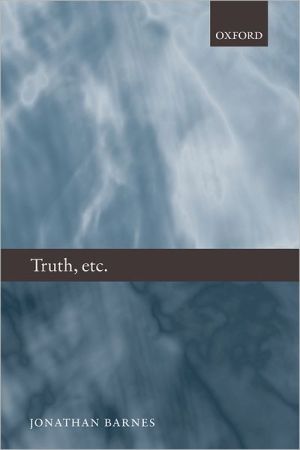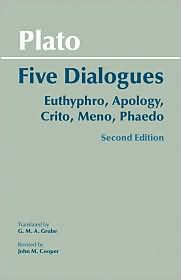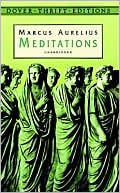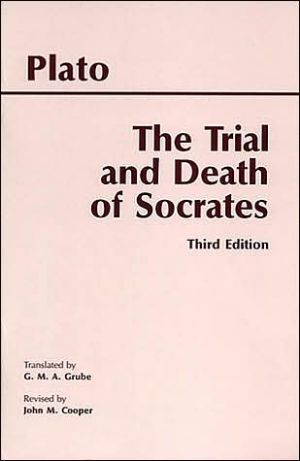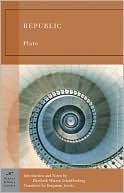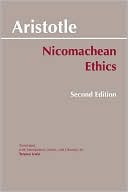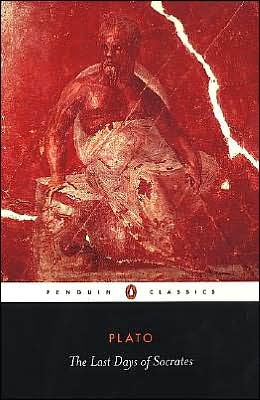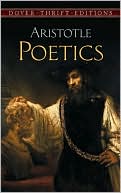Truth, Etc.: Six Lectures on Ancient Logic
Truth, etc. is a wide-ranging study of ancient logic based upon the John Locke lectures given by the eminent philosopher Jonathan Barnes in Oxford. Its six chapters discuss, first, certain ancient ideas about truth; secondly, the Aristotelian conception of predication; thirdly, various ideas about connectors which were developed by the ancient logicians and grammarians; fourthly, the notion of logical form, insofar as it may be discovered in the ancient texts; fifthly, the question of the...
Search in google:
Truth, etc. is a wide-ranging study of ancient logic based upon the John Locke lectures given by the eminent philosopher Jonathan Barnes in Oxford. Its six chapters discuss, first, certain ancient ideas about truth; secondly, the Aristotelian conception of predication; thirdly, various ideas about connectors which were developed by the ancient logicians and grammarians; fourthly, the notion of logical form, insofar as it may be discovered in the ancient texts; fifthly, the question of the 'justification of deduction'; and sixthly, the attitude which has been called logical utilitarianism and which restricts the scope of logic to those forms of inference which are or might be useful for scientific proofs. In principle, the book presupposes no knowledge of logic and no skill in ancient languages: all ancient texts are cited in English translation; and logical symbols and logical jargon are avoided so far as possible. There is no scholarly apparatus of footnotes, and no bibliography. It can be read in an armchair. Anyone interested in ancient philosophy, or in logic and its history, will find it interesting.
Chapter 1 Truth Chapter 2 Predicates and Subjects Chapter 3 What is a Connector? Chapter 4 Forms of Argument Chapter 5 The Science of Logic Chapter 6 When is a Syllogism not a Syllogism?1. Truth2. Predicates and Subjects3. What is a Connector?4. Forms of Argument5. The Science of Logic6. When is a Syllogism not a Syllogism?
